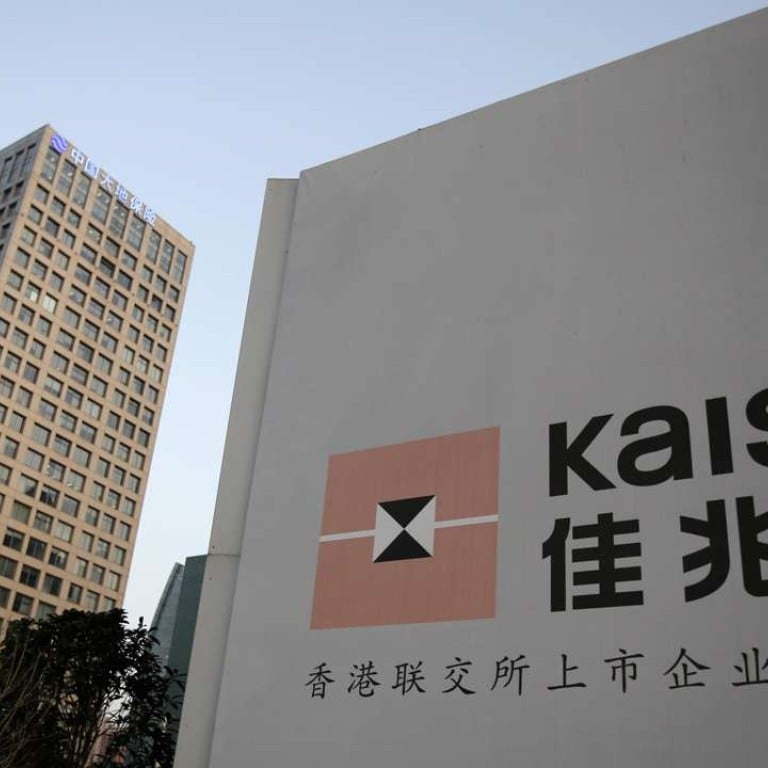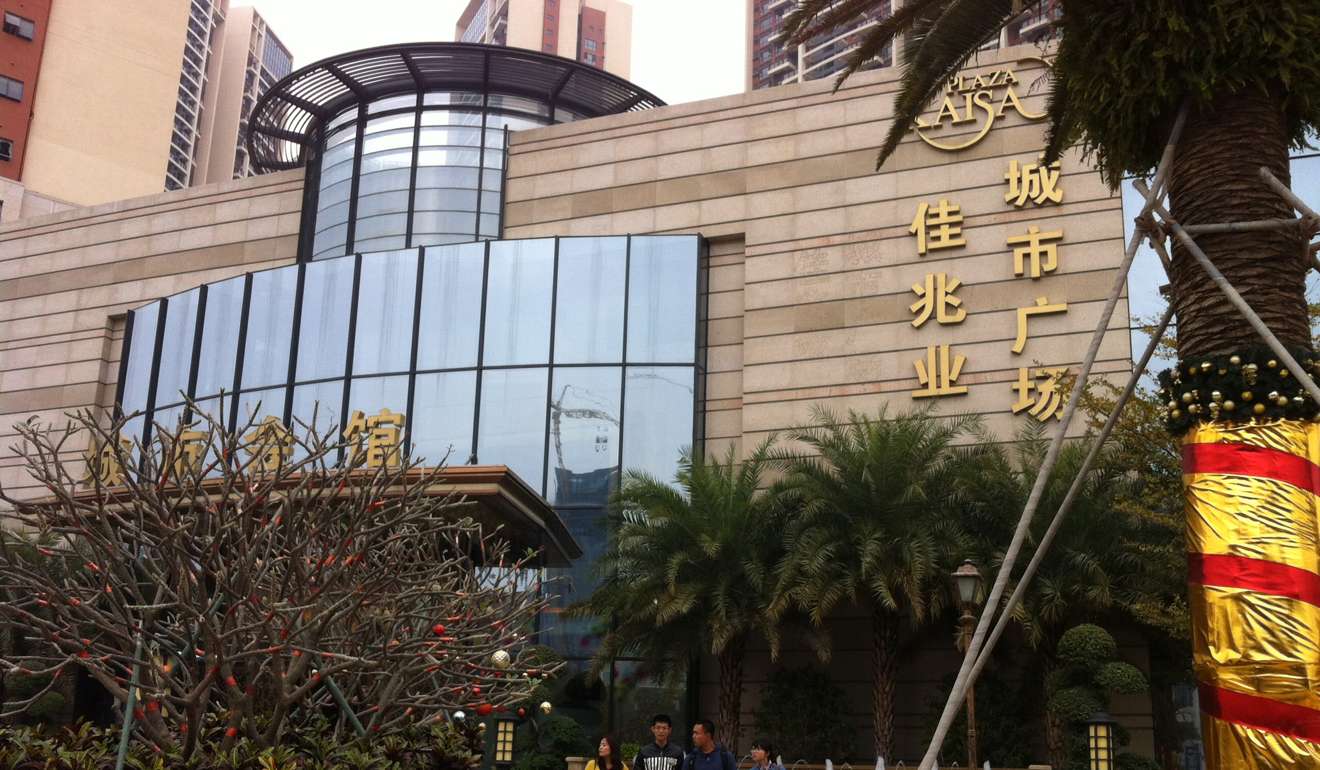
China’s Kaisa Group almost back from the dead
Property developer had defaulted on overseas debt
Is that a glimmer of light at the end of the tunnel for Kaisa Group Holdings?
Perhaps. Saddled with the ignominious label of being the first and only Chinese property developer to default on overseas debt, Kaisa is finally going to hold a board meeting -- after several delays -- to approve the publication of its annual results for the first time in three years.
Releasing the long overdue results is the final condition the Shenzhen-based developer needs to meet before applying to lift its two-year trading suspension. Saturday’s meeting will be followed by briefings for investors and media. Some fresh clarity would be welcomed.
Even with uncertainty clouding the company, Kaisa’s 2021 notes have risen to 100 cents, the highest since the new bonds were sold in July following a debt restructuring. That’s been driven by optimism over a resumption of trading. Last month, Kaisa restored the public float back to the required 25 per cent.
“It will take time to bring institutional investors back after such a long suspension,” said CIMB Securities analyst Raymond Cheng, who covered the stock in 2014. “But there will be some speculative buying if trading resumes,” he said, based on Kaisa’s considerable assets in Shenzhen, where property prices continue to flourish.

Kaisa’s woes began when Shenzhen authorities blocked sales of some of its projects during a regulatory probe. Founder Kwok Ying Shing agreed to sell his family’s stake to Sunac China Holdings, only for it to drop the deal saying Kaisa accounts underestimated its troubles.
Kwok negotiated the debt restructuring completed last July. A report released in December by FTI Consulting showed former company executives used undisclosed borrowing pacts in the run-up to the developer’s default in 2015.
Kaisa shares were at HK$1.56 when trading was suspended on March 31, 2015. The company last reported results in August 2014. Kaisa’s senior adviser Tam Lai Ling declined to comment on the timing of a possible trading resumption.
“Investors will scrutinise the results, but whether this will set the tone for future outlook is too early to say.” said Raymond Chia, head of credit research for Asia ex-Japan at Schroder Investment Management Ltd. in Singapore. “Investors should think through whether they want to be involved with a company which has credibility issues simply because it is announcing results. Isn’t it a basic thing for a listed company to report results in time?”
Kaisa’s debt, land bank, auditor’s report, and steps the company has taken to rebuild investors’ confidence will be among the key points under scrutiny in the earnings report and during briefings, analysts and investors said.

